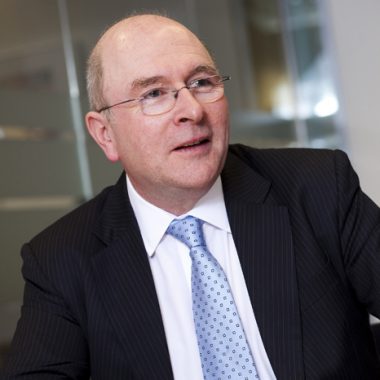An official NHS report has admitted that doctors are having to spend far longer on the revalidation process than had originally been expected.
The report, produced by the NHS Revalidation Support Team (RST), found that doctors typically spent between 12 and 15 hours preparing for and completing their appraisal as part of the revalidation process – up to six hours more than had been expected.
However, these figures are some way below estimates by GPC negotiator Dr Peter Holden, who told Pulse in November that he and colleagues were generally spending about 40 hours on the process.
The survey of 2,500 doctors, 719 appraisers and 192 responsible officers also found that revalidation was ‘not universally supported’ by doctors, who feel the system is not relevant to their needs.
The RST had previously done pilot tests and had estimated doctors would generally spend about nine hours on appraisal activity.
However, about half of doctors in the new survey said they spent ‘more than eight hours’ collecting supporting information for revalidation, plus time completing forms, time spent in the appraisal discussion and completing post appraisal forms.
The report said: ‘The majority of doctors who responded to the questions spent more than eight hours collecting supporting information, between two to four hours completing forms, one to two hours in the appraisal discussion and 0-1 hours completing post-appraisal forms.’
‘These results show that the main demand on their time is the preparation for appraisal.’
‘Further analysis of the data… shows that this result is consistent across specialties and care settings.’
Dr Holden told Pulse in November: ‘A quick straw poll amongst my colleagues this afternoon… we all reckoned it had taken 40 hours.’
‘Everybody knows you have to collect evidence in all six areas; some people would say you do it as you go along. But actually there’s an awful lot of what we do that counts towards it, and you don’t necessarily collect it as you go along, they also want you to reflect on every one.’
Related stories
Analysis: Revalidation loses GPs’ goodwill
Revealed: just one GP put through remediation following revalidation
The new study also found doctors were not wholly supportive of revalidation.
Only a fifth of doctors agreed or strongly agreed that continuing professional development had improved since the introduction of revalidation and only a third of doctors agreed or strongly agreed that appraisals are a good way to improve a doctor’s clinical practice.
The report said: ‘The changes are not universally supported by doctors: some of whom feel that the system is not yet relevant to their needs. While appraisal, continuing professional development (CPD) and personal development plans (PDPs) continue to be valued there is anxiety that revalidation may make these activities more procedural and less developmental. Qualitative comments suggest that this is a potentially significant issue that will need to be addressed.’
‘The research also identifies the need for stronger and more effective patient and public involvement in supporting revalidation. This would be enabled by differentiating more clearly between patient feedback, public voice and lay involvement.’
Niall Dickson, chief executive of the General Medical Council, said: ‘This is an encouraging report. It suggests that revalidation has begun to have an impact on the number and quality of annual appraisals of doctors and it suggests the new system may be helping to spot concerns at an earlier stage.’
‘But we are at the start of this process and there is plenty for all of us to learn as the system beds in. We are committed to listening to those who run the system, as well as those who have been through it, and this combined with an independent ongoing evaluation will help us develop and refine the model, including how we gather patient and colleague feedback.’
Pulse October survey
Take our July 2025 survey to potentially win £1.000 worth of tokens














